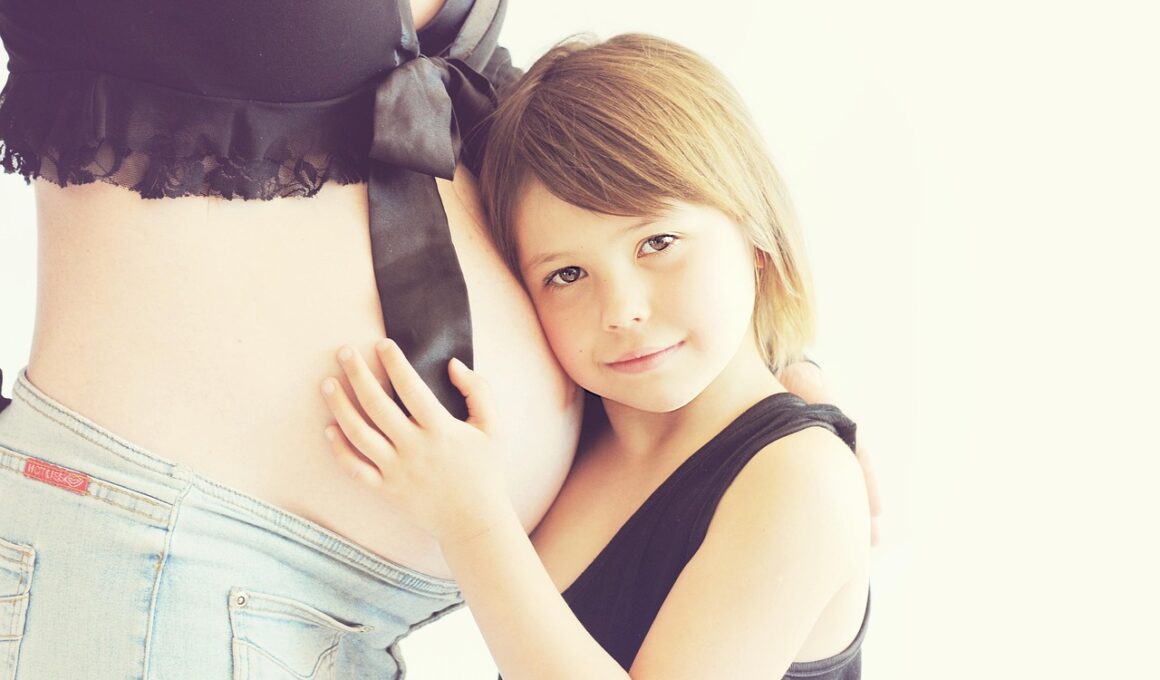Top 10 Signs Your Cat Is Pregnant and How to Confirm It
Determining whether your beloved feline is expecting kittens can be both exciting and concerning. It’s vital to observe your cat for changes in behavior and physical signs that may indicate pregnancy. One of the most common early signs is an increase in appetite. Pregnant cats, often referred to as queens, may exhibit a noticeable rise in their desire to eat as their bodies begin to prepare for the nurturing of their unborn kittens. It’s crucial to monitor their diet closely during this period to ensure they receive sufficient nutrients for both themselves and their future litter. Another sign to look out for is a change in behavior. Some pregnant cats become more affectionate, wanting to cuddle and seek comfort from their owners. In contrast, others might prefer solitude and retreat to quiet, secure spaces as they approach the birthing process. You might also notice her belly starting to grow, becoming rounder and firmer as the pregnancy progresses. Regular vet check-ups can help confirm pregnancy and provide guidance on how best to care for your pregnant cat. Always ensure that prenatal care is a priority to safeguard the health of both the mother and kittens.
As the pregnancy advances, you may start to observe more physical changes in your cat. One prominent change is the swelling of her nipples, which usually become larger and darker in color. This change is known as ‘pinking up’ and indicates hormonal changes in preparation for feeding her kittens. It’s essential to keep a close eye on these developments, as they occur around two to three weeks into the pregnancy. Vaginal discharge can also be a sign of pregnancy, though it should be monitored closely, as any unusual discharge could indicate a health issue. If you notice a substantial change, consulting your veterinarian for advice is essential. Additionally, a pregnant cat may exhibit nest-building behaviors as she approaches her due date. You might find her gathering materials to create a comfortable space for giving birth. Providing a quiet and safe area for her to do this is advisable, as it can significantly reduce stress during delivery. If you observe any signs of distress or prolonged labor, immediately contact your vet for assistance. Understanding these signs is vital for ensuring the health and well-being of both mother and her upcoming kittens.
Behavioral Changes in Pregnant Cats
Behavioral changes during pregnancy are quite common among cats. Beyond increased affection or withdrawal, you may observe mood swings influenced by hormonal fluctuations in her body. One moment, your cat might be exceptionally loving, and the next, she could be irritable or anxious. It’s essential to be patient and supportive as she navigates these emotional shifts. Pregnancy can be an overwhelming experience for any animal, and your support can be a great comfort to her. Providing a calm environment with minimal stressors will help her feel more secure. Socialization or interaction with other pets might decrease, as she may prefer solitary time to prepare for motherhood. Pay close attention to her needs and offer a cozy spot where she can retreat at leisure. It is also important to monitor any changes in litter box habits, as pregnant cats might urinate more frequently. Frequent bathroom trips could indicate hormonal changes, but if you notice irregularities, consult your veterinarian. Keeping her routine as consistent as possible will help maintain her comfort and reduce anxiety throughout her pregnancy.
Beyond behavioral observations, there are additional ways to confirm your cat’s pregnancy. One method is to take her to the veterinarian for an abdominal palpation or ultrasound, which can determine pregnancy as early as three weeks into gestation. Your vet can advise you regarding the necessity of prenatal care, vaccinations, and dietary adjustments to ensure your cat remains healthy throughout her pregnancy. Nutritional needs increase, and your vet might suggest a specific diet designed for pregnant cats, which can support both her health and that of her developing kittens. Remember, it’s crucial to avoid feeding your cat any food considered toxic to her. Various human foods can be dangerous, so it’s best to consult your veterinarian about safe options. Keeping her hydrated and well-nourished will help her feel better physically and emotionally. Additionally, you can begin preparing for the kittens by gathering necessary supplies, such as a whelping box, bedding, and appropriate feeding materials. Getting everything ready ensures you are well-prepared for the new arrivals and helps your cat feel more at ease in her changing circumstances.
Confirming Your Cat’s Pregnancy
In addition to veterinary assistance, there’s another method you can use at home to confirm your cat’s pregnancy: observe her physical changes. Not only will her belly begin to swell, but changes in her posture and movement can also provide hints. Notice if she seems more cautious while moving or resting; these are signs that she is aware of her growing belly and adjusting her activities accordingly. Furthermore, cat owners may detect increased grooming as she instinctively prepares for her kittens’ arrival. The mother cat is likely to keep herself clean and tidy, ensuring a hygienic environment for when her little ones are born. Besides, pay attention to her sleeping patterns. Pregnant queens tend to sleep more than usual as their body needs extra rest to accommodate the growing life within them. Like humans, cats require a lot of sleep during pregnancy. By knowing these signs and changes intimately, you can play an active role in caring for your pregnancy cat. Create a nurturing environment, providing her a sanctuary filled with love and tenderness as her fateful day draws near.
After confirming her pregnancy, it’s vital to understand the stages leading up to the birth of the kittens. The gestation period for cats generally lasts around 63 to 65 days. As you approach this time, staying alert for more prominent signs of labor becomes key. Behavioral shifts may intensify; some pregnant cats may start to see an increase in nesting behaviors and behave restlessly. You might notice her becoming more vocal or pacing around the house as she prepares to give birth. Keeping her calm during this phase is crucial; anxiety or stress can hinder the process. Ensure she has access to her special area where she can give birth without disturbances. If she appears to struggle or if her contractions last longer than normal, do not hesitate to call your veterinarian for assistance. This transition from pregnancy to motherhood can be both rewarding and stressful, so maintaining a supportive and tranquil environment helps. Keeping your patience and support during this time can lead to a successful delivery for your cat.
Post-Pregnancy Care for Your Cat
Once your cat has delivered her kittens, she will require special post-pregnancy care. First and foremost, ensuring she has adequate nutrition is crucial because nursing the kittens drains energy and nutrients. Consider providing a high-quality, kitten-formulated food, as it contains essential proteins and fats for both the mother and her babies. Always keep her water bowl filled with fresh water to encourage hydration. Observe her closely for any signs of distress or health issues following the birth. If she shows reluctance or difficulty in nursing, consult your vet immediately. New mothers may experience discomfort or other complications that require veterinary attention. Additionally, it’s essential to provide a clean, quiet environment for both the mother and her kittens to thrive. As the kittens grow, ensure they receive vet check-ups to monitor their health and development. Regular interaction can also help socialize them, preparing them for their future interactions with humans and other pets. Being attentive and proactive about their needs will ensure a smoother transition for both the mother cat and her newly born kittens, making this journey a delightful experience for you both.
Understanding the signs and confirming your cat’s pregnancy is an essential part of responsible pet ownership. As a cat owner, it’s rewarding to help your feline friend navigate her journey through pregnancy and motherhood. Always feel free to turn to your veterinarian for professional advice as needed. Their expertise will guide you in ensuring the health and safety of your beloved pet and her kittens. From adjusting her diet and observing behavior changes to assisting during the birthing process, your role as a caregiver is significant. This journey requires patience, care, and thorough understanding of feline reproduction. As your cat adjusts to her new role as a mother, you’ll encounter many changes and surprises along the way. This can be an excellent opportunity to bond and grow closer as a family. Ultimately, being well-prepared and informed is the best way to ensure a happy and healthy experience for both you and your pet during this crucial phase of her life. Here’s to ensuring a safe and joyful experience for your lovely cat and her adorable future kittens!


